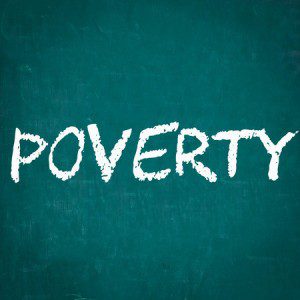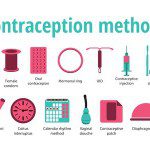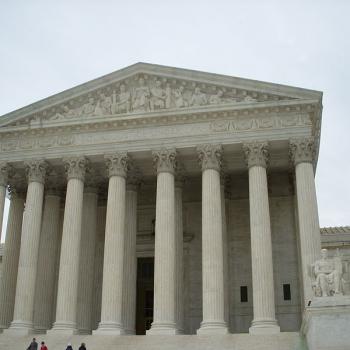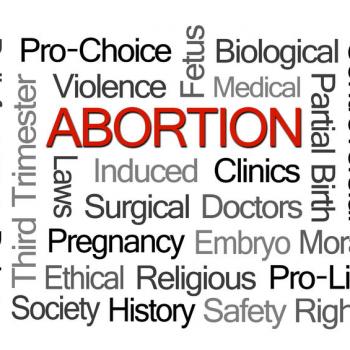 Poverty is a persistent and perennial problem.
Poverty is a persistent and perennial problem.
Jesus’ comment, “you always have the poor with you,” is a reflection of this unfortunate but very real aspect of human community. But these words should not be taken as disregard for the poor or for the problem of poverty in our midst. Indeed, the whole of Jesus’ life and ministry witnesses to his deep concern for all those who live on the margins of society, those who are rejected, ignored, or simply fall victim to the vagaries of human existence.
We are all vulnerable to these vagaries – illness, accidents, tragedy, disease, natural disaster, and a host of other actions that exist outside of our control. For people with social safety nets – friends, savings, insurance, a good education, marketable skills – the vagaries of life are endured and survived. For people who live in poverty or on the edge of poverty, even the smallest incident can send life spiraling out of control.
In a previous post, I discussed the dangerous role that contemporary mythology about poverty plays in our lives and our culture. Convincing ourselves that people who are struggling economically are lazy or stupid or unworthy is the worst aspect of this mythology that then allows the public to quietly ignore the poor and blame them for their circumstances.
But this is not the only way that this mythology functions in our psyches and in our behavior. Most Christians recognize the gospel call to help the poor and seek ways to engage positively in our communities to “help” the poor. We feed the hungry, offer beds to the homeless, and donate our old clothes for those less fortunate than ourselves.
However, even these seemingly generous and helpful actions can still be motivated and shaped by narratives and mythology about poverty that function to distance “us” from “them.” When we act to help others out of pity or sympathy or even because we feel we ought to help, out of some sense of responsibility – we maintain certain boundaries between “us” and “them” that function to reinforce certain stereotypes that we might have about poverty and about people who are poor.
It is only when we genuinely come to know others, to listen to their stories, to know them as people, that we truly begin to break down the walls that divide us from one another, including the false narratives about the “deserving” and “undeserving” poor that shape our culture and serve as the backdrop of public policy. This model of developing relationships with people across lines of difference is a strategy that I refer to as solidarity ethics and it is the foundation of a new approach to poverty studies for undergraduate education.
This morning, ninety college students and four law students from nineteen colleges and universities will start work in summer internships in twenty cities across the country as part of the Shepherd Higher Education Consortium on Poverty (SHECP) summer internship program. This program embodies an innovative educational approach to teaching poverty that is focused on three things – internships, broad-based interdisciplinary curriculum, and teaching poverty studies as a complement to a student’s educational major.
First – the internships. Students participate in internships at work sites where they interact directly with people living in or near poverty. Most of these sites are community-based agencies working to address issues of poverty in their local communities. Through these placements, students work side by side with community leaders who have dedicated their lives to fighting poverty. They have the opportunity to work with and for members of the community who are struggling with many of the problems low-wage, low-income families face. For students who may have little experience with the daily challenges of poverty and low-income workers and families, these internships provide the opportunity to build relationships across lines of difference and to give names, faces, and real-life stories to the statistics and theories that they have read about poverty in the classroom. For students who may have come from poverty or a low-income background, these internships offer a view of a different community’s struggle with poverty and a broader context than their own personal experience within which they can think about the problems of poverty in the United States.
Second – a broad-based interdisciplinary curriculum. Historically, undergraduates have studied poverty as one issue within a broader disciplinary perspective. Individual courses focused on poverty might show up in economics, sociology, history, religious studies, or political science departments. While each of these courses offers important disciplinary perspectives on the problems of poverty, creating a program that enables students to take several of these courses from different departments and work to integrate various insights about the problems of poverty into a meaningful perspective relevant to their personal interests offers the possibility of equipping students with the necessary tools to contribute to alleviating poverty in their personal and professional lives after college.
Third – complementing a student’s major. It is this desire to shape a curriculum that helps students integrate their knowledge about poverty into a meaningful whole that shapes the educational principle that this approach to poverty studies should always be a complement to a student’s educational major.
What we need are scores of college graduates who are able to recognize the embedded racism, paternalism, and the inherent danger of our cultural mythologies about poverty. Students who have learned deeply about the history and structure of poverty, justice, and the social construction of race, class and gender that continue to contribute to the shape of poverty in this country. A critical mass of college graduates with a more sophisticated understanding of the problems of poverty can help contribute to new and more creative ways of addressing the problems of poverty and inequality that threaten to undermine the common good and the well-being of our society.
image Copyright: <a href=’http://www.123rf.com/profile_malydesigner’>malydesigner / 123RF Stock Photo</a>












